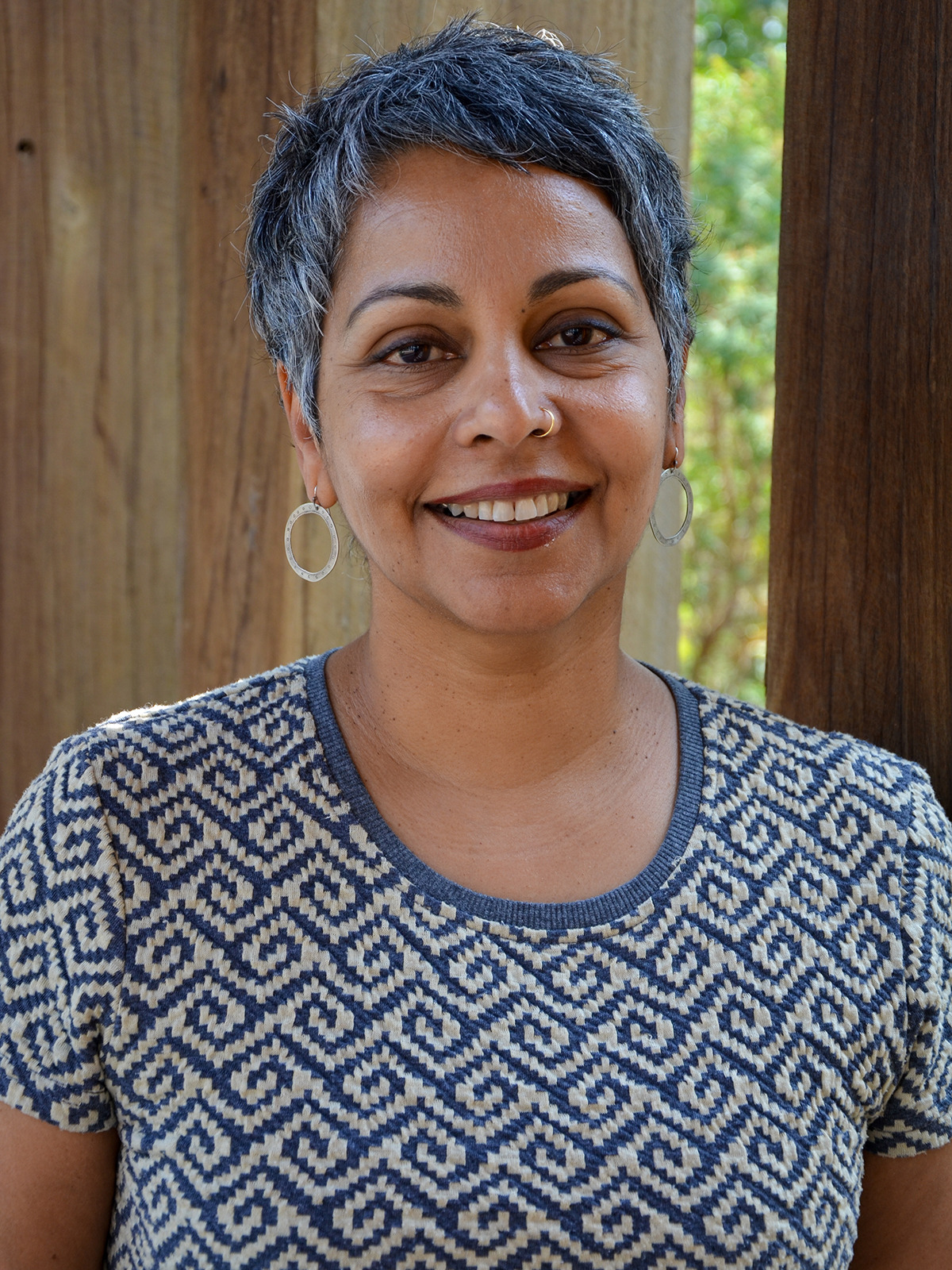Rhema VaithianathanNobel Conference 57

How do you use big data in humanistic ways; what does humanistic ethics demand? For instance, what role can data science play in protecting and improving child welfare? How can we build predictive models that don’t exacerbate social inequities, and might even reduce them? Rhema Vaithianathan is using big data to work collaboratively with governmental and nongovernmental agencies to solve some of the most significant challenges of our time while working to ensure that these tools don’t exacerbate or perpetuate social inequity by targeting vulnerable populations.
Vaithianathan’s research uses risk modeling to address problems in public health and child welfare. She leads a research team that has developed child protection predictive risk modeling tools that are being used in counties in Pennsylvania, Colorado and California. These tools use current and historical information to make predictions about future events.
Vaithianathan is a professor of social data analytics at the Institute for Social Science Research at the University of Queensland. She is also a professor of health economics at Auckland University of Technology, where she is co-founder and director of the Centre for Social Data Analytics. The CSDA--which also has a node at the University of Queensland--works collaboratively with domestic and international government and nongovernmental agencies to use data science to address social problems, particularly for vulnerable populations. She holds a PhD in economics from the University of Auckland.